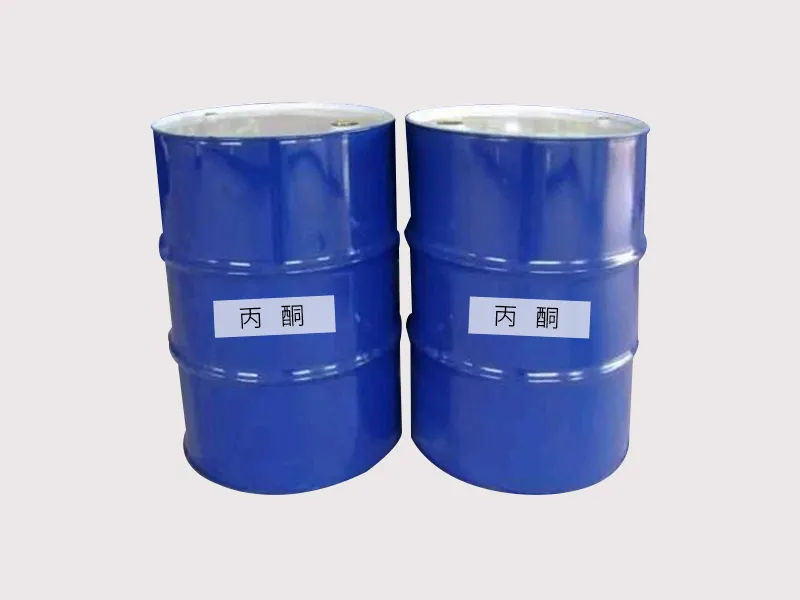Acetone is a widely used solvent with a variety of industrial applications. In this article, we will explore the different industries that use acetone and its various uses.
acetone is used in the production of bisphenol A (BPA), a chemical compound used in the manufacture of polycarbonate plastic and epoxy resins. BPA is found in a wide range of consumer products such as food packaging, water bottles, and protective coatings used in canned foods. Acetone is reacted with phenol under acidic conditions to produce BPA.
acetone is used in the production of other solvents such as methanol and formaldehyde. These solvents are used in a variety of applications such as painting thinners, adhesives, and cleaning agents. Acetone is reacted with methanol under acidic conditions to produce methanol, and with formaldehyde under alkaline conditions to produce formaldehyde.
acetone is used in the production of other chemicals such as caprolactam and hexamethylenediamine. These chemicals are used in the production of nylon and polyurethane. Acetone is reacted with ammonia under high pressure and temperature to produce caprolactam, which is then reacted with hexamethylenediamine to produce nylon.
acetone is used in the production of polymers such as polyvinyl acetate (PVA) and polyvinyl alcohol (PVOH). PVA is used in adhesives, paints, and paper processing while PVOH is used in textiles, paper processing, and cosmetics. Acetone is reacted with vinyl acetate under polymerization conditions to produce PVA, and with vinyl alcohol under polymerization conditions to produce PVOH.
acetone is used in a wide range of industries including the production of BPA, other solvents, other chemicals, and polymers. Its uses are diverse and span across several industries making it a crucial chemical compound in today’s industrialized society.
Post time: Dec-19-2023





